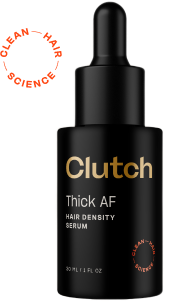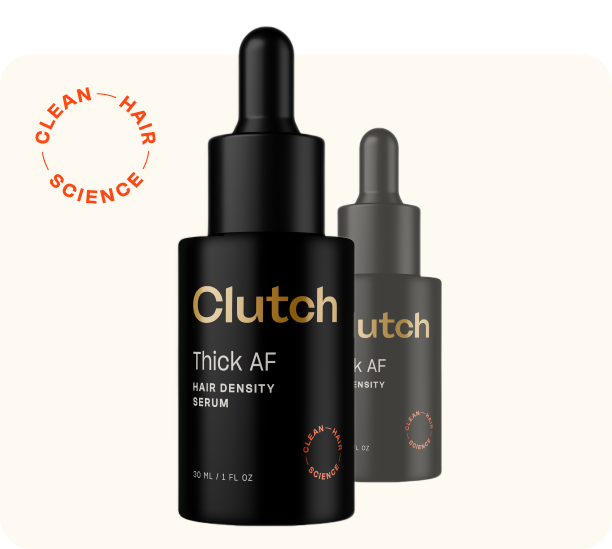Hair loss is a common concern for many men, often leading to questions about whether it’s possible to slow down, prevent, or even reverse the process. Let’s delve into the science behind hair loss and explore the possibilities for men experiencing it.
The Science of Hair Growth
Hair growth occurs in cycles, consisting of four main phases:
-
Anagen (Growth) Phase: This is the active growth period, lasting between 2 to 7 years. The length of this phase determines the length of the hair.
-
Catagen (Transition) Phase: This short phase lasts about 2 to 3 weeks, during which hair growth slows, and the hair follicle shrinks.
-
Telogen (Resting) Phase: This is the phase when the detached hair strand rests in the follicle. This phase can last from a few weeks for eyelashes to almost a year for scalp hair. About 10–15% of hairs are in this phase at any given time.
-
Exogen (Shedding) Phases: This is the brief time period where the hair exits the follicle, which then begins a new anagen phase. This phase is often considered an extension of the telogen phase. A healthy scalp sheds 50–100 hairs per day.
Hair loss, particularly male pattern baldness (androgenetic alopecia), is influenced by genetic and hormonal factors. Dihydrotestosterone (DHT), a derivative of testosterone, plays a significant role in shrinking hair follicles, leading to thinner hair and eventual hair loss.
Can a Man’s Hair Grow Back?
The possibility of hair regrowth depends on the underlying cause of hair loss. For men experiencing male pattern baldness, complete regrowth is challenging but not impossible. Treatments typically aim to slow down the process and help promote partial regrowth, and outcomes are better with earlier intervention or preventative steps taken before signs of thinning even start to show.
Exploring Potential Treatments and Their Efficacy
Lifestyle Changes
Diet and Nutrition: A balanced diet rich in vitamins and minerals, such as biotin, zinc, and iron, can support hair health. Omega-3 fatty acids and antioxidants also play a role in maintaining healthy hair. Ensuring your diet is rich in these types of foods can help create a solid foundation for healthier hair.
Stress Management: Chronic stress can contribute to hair loss. Techniques such as meditation, exercise, and adequate sleep can help manage stress levels and potentially reduce its effects on hair health.
Hair Serums
Science-backed hair serums, like Clutch Thick AF Hair Density Serum, offer a great low risk solution to hair thinning by working with your body’s natural processes to help extend the anagen, or growth, phase of hair, This enhances the ratio of anagen to telogen follicles, thus increasing the proportion of hair follicles that are in the active growth phase and offering a great alternative to chemical medications like finasteride and minoxidil that can have serious side effects.
Hair Transplant Surgery
Hair transplant surgery involves moving hair follicles from a donor area (usually the back of the head) to the thinning or balding areas. Techniques such as Follicular Unit Transplantation (FUT) and Follicular Unit Extraction (FUE) have shown promising results in restoring hair density.
Platelet-Rich Plasma (PRP) Therapy
PRP therapy involves injecting a concentration of a patient’s own platelets into the scalp to stimulate hair growth. Some studies suggest that PRP can improve hair density and thickness, though more research is needed to confirm its long-term efficacy.
Low-Level Laser Therapy (LLLT)
LLLT uses red light wavelengths to stimulate hair follicles and promote hair growth. Clinical trials have shown that LLLT can be effective in increasing hair density and thickness in some men.
It’s Not Hopeless
While male pattern baldness and hair loss can be distressing, various treatments offer hope for slowing down, preventing, or even reversing the process. Hair serum like Clutch Thick AF, lifestyle changes, and advanced therapies such as hair transplant surgery and PRP therapy provide potential solutions. However, individual results vary, and early intervention is key to achieving the best outcomes.
Understanding the science behind hair growth and exploring scientifically proven ways to grow thicker hair can empower men to make informed decisions about their hair loss treatment options. While no method guarantees complete regrowth, combining different approaches may offer the best chance for success.






